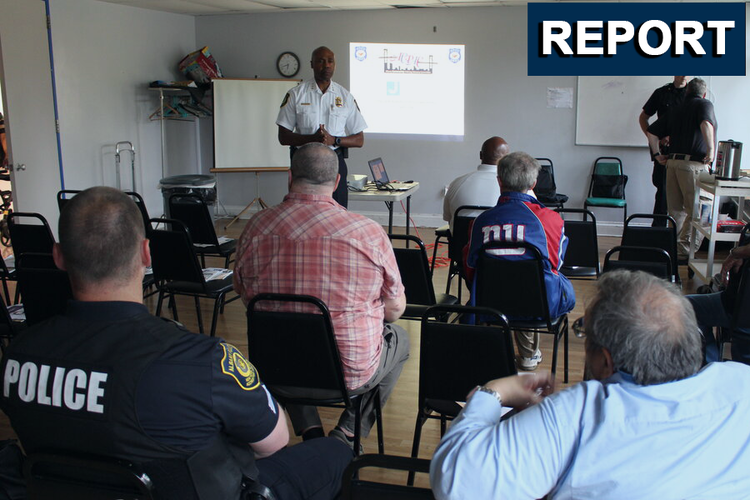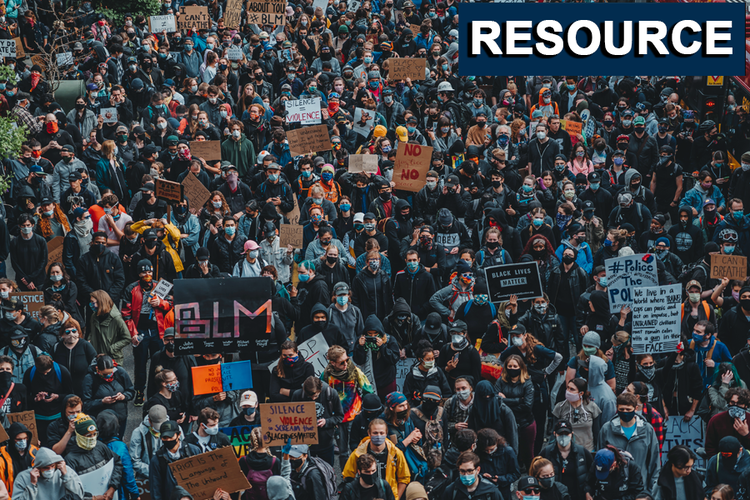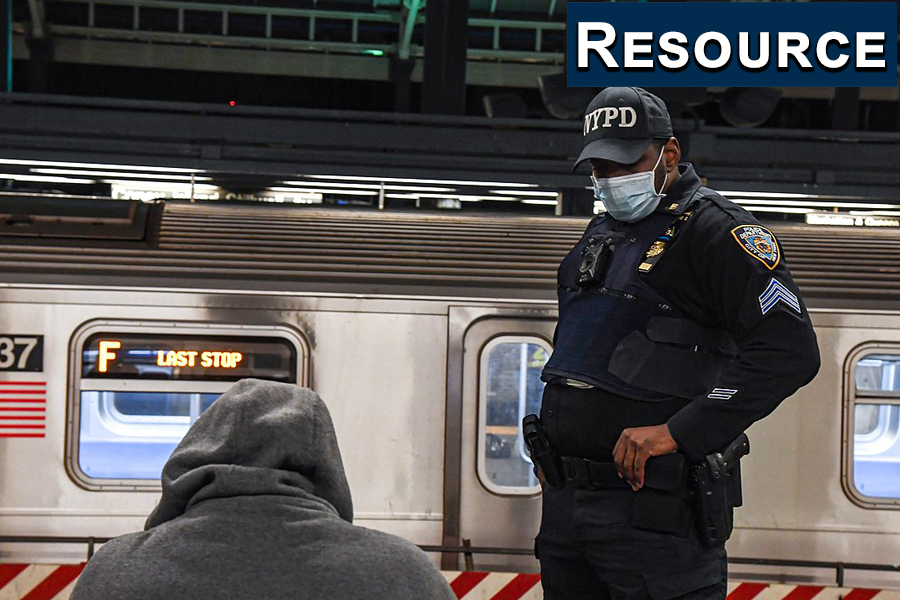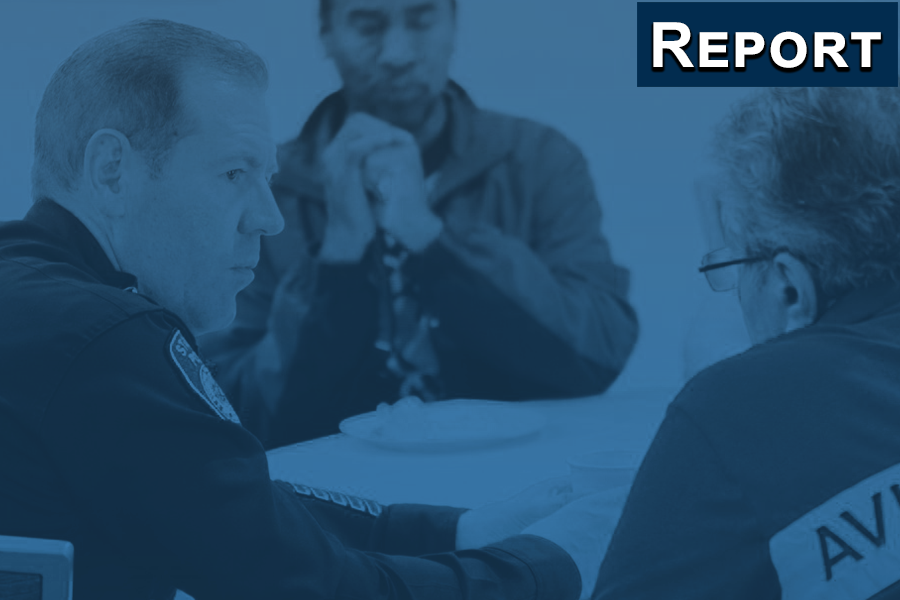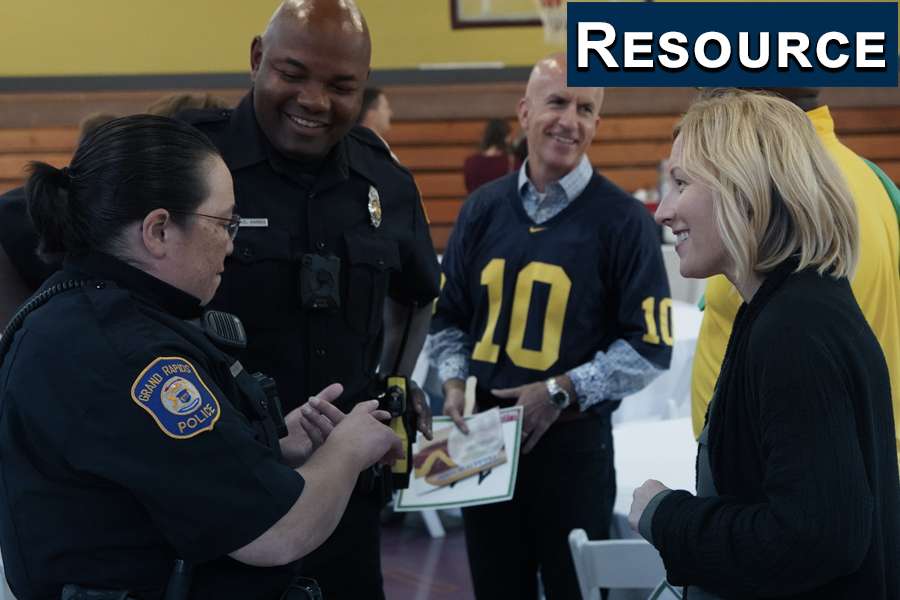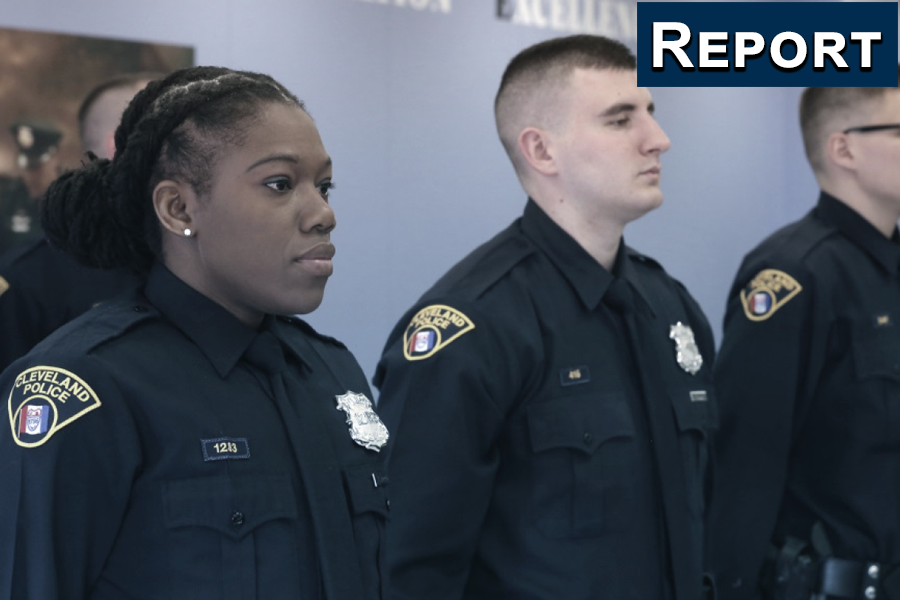Read the resource: Engagement During Times of Crisis: COVID-19 and Beyond (.PDF)
COMMUNITY ENGAGEMENT DURING TIMES OF CRISIS: COVID-19 AND BEYOND
Overview
Police are tasked with ensuring public safety during extreme events and emergencies. But during unprecedented times—like we’re seeing now with the novel COVID-19 pandemic—many tried and tested methods for community engagement and outreach are breaking down. How must policing agencies adapt to meet the needs of vulnerable populations?
This document, vetted with community organizers, academic experts, and law enforcement officials, offers guidance for policing agencies to modify their existing community engagement processes in response to extreme events and ongoing public safety emergencies.
Key TakeAways
1). Community engagement is different during times of crisis: Regular engagement events are likely cancelled, and officers typically focused on community policing may be re-assigned. But beyond this, both communities and police are likely experiencing significant traumas, including grief, fear, and displacement.
2). In times of crisis, community engagement is more important than ever. Successful engagement provides police and communities an opportunity to get through these shared challenges collaboratively, so that their relationships and trust in one another emerge stronger after the crisis has passed.
3). Although each emergency situation is unique, crisis engagement strategies can build from foundational principles informed by prior engagement initiatives, including diversifying information channels and prioritizing two-way communication with communities.


